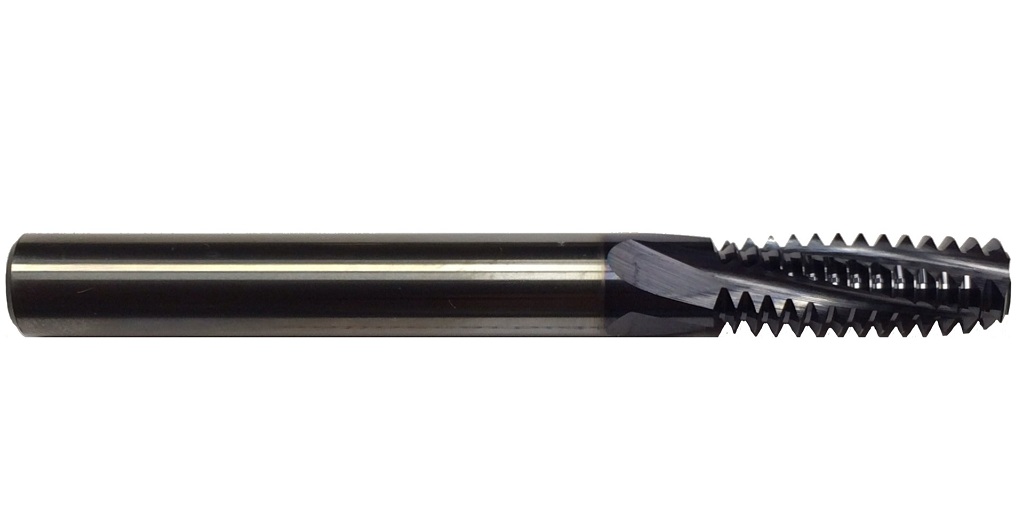Workshops and manufacturers dedicated to the automotive, aerospace, and energy industries understand the importance of machining pipe threads compliant with their respective industry standards. While some thread tasks only require providing a safe and stable connection between two or more parts, some precise work is required when dealing with parts and pipes destined for liquid and gas transportation.
The quality of your threads will determine the efficiency of the pipe or parts. Not every thread will provide a secure seal that prevents leakages or accidents. The National Pipe Taper standard was created as a guide for manufacturers to guarantee that their threaded parts provide adequate sealing.
The effectiveness of NPT threads rests on the way their peaks and valleys are configured. Their flattened shapes give these standardized threads their sealing power, making them ideal for fluid and gas transportation. However, only tapered fittings will provide adequate sealing because of the way the walls push outwards when torqued. Parallel threads should only be used to hold parts together, but they still provide great stability and sealing power.
If you routinely machine parts for the energy industry or pipes destined to transport fuel, then you must configure your mill to create National Pipe Taper Fuel threads which should comply with all safety requirements of the end-user.
But What’s The Most Efficient Way To Create Threads Efficiently?
Tap and die techniques have been used extensively in the manufacturing industry. However, they are slow, require constant tool changes, and are not versatile enough when facing demanding tasks. One of the biggest problems with taps is that they tend to leave unfinished threads when reaching the bottom of blind holes. They also crush chips that can´t escape, leaving them trapped inside. Moreover, tool failure, especially when creating threads on hardened materials and alloys, usually results in damaged parts that need to be re-machined or scrapped.
The solution is to adopt carbide thread mill pipe thread tools and embrace the enhanced speed and accuracy of CNC thread milling.
Thread milling operates following a completely different approach to threading. Unlike taps, the diameter does not depend on the size of the tool. A single full form carbide thread mill pipe thread tool can machine different diameters in a single operation. Full-form thread cutters are thinner than regular taps and have a row of solid carbide cutting points along the length of the tool. These points have a specific geometry and separation which determines the pitch and the shape of the threads you are cutting. So a carbide thread mill NPT tool will always provide perfectly cut and uncannily polished NPT threads. They can be driven at very high speeds and only take a single 360° degree pass to create a threaded surface, increasing productivity and efficiency. Because these are made of carbide, they are extremely resistant to heat and wear. This means they can work longer and faster without showing any signs of tool fatigue.
Finally, they can be used to create male or female threads, and even shift between left and right-handed threading when you need. If your operation requires you to machine threads with different pitches, you can still enjoy the advantages of thread mill pipe thread tools. Single form thread mills only have a single point that creates high-quality threads with each pass and can be configured to change thread pitch without the need of changing the tool.
However, you can’t guarantee perfect cuts and threads if you are not using the right tools. Online Carbide supplies high-end quality carbide thread mill pipe thread tools for manufacturers and workshops that demand quality and efficiency. Contact them today at [email protected] and revolutionize your manufacturing process.



